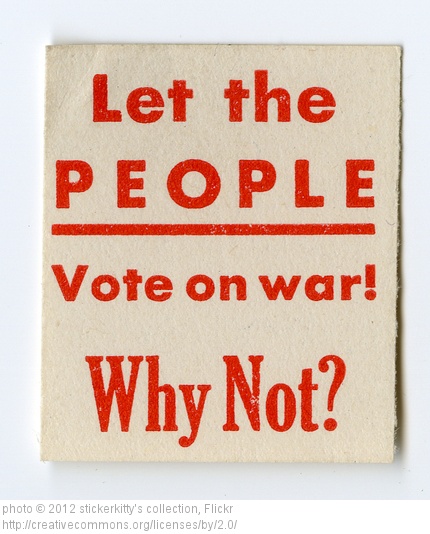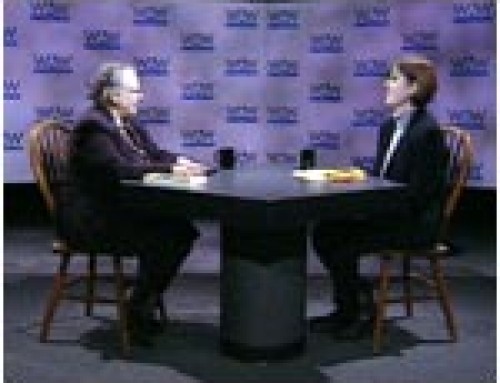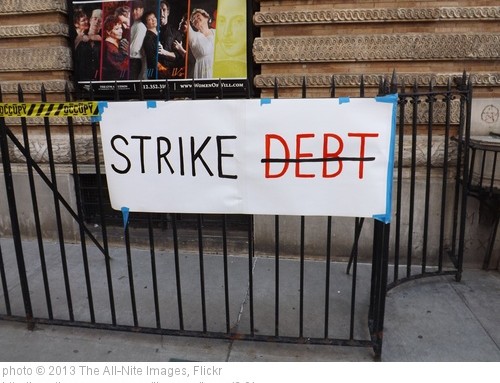
 The new social-media te
The new social-media te rm is: Thought Leader. Who or what is a Thought Leader?
rm is: Thought Leader. Who or what is a Thought Leader?
This term is not a product of the right or the left, or of England or the United States, as both the Guardian and Forbes will tell you. And, as suits both publications, the Guardian uses the term for the section of the news that does blogs, opinion, and analysis, whereas Forbes markets it as part of a hot social-media tip about what’s hot in social media (repetition intended).
It also means the information barrage we all face is being streamlined or simplified. We will get more pictures, explaining why I have three. Hence the rise of Pinterest and other new image centered platforms along with those social media services like Klout that tell us who has it (klout) or who is a “networker” or better yet, an unpaid Huffington Post media “moderator.” The social media will have more gatekeepers, clearly.
So is a thought leader a good idea? I think so. A thought leader is different than all of these folks. S/he performs or tries to persuade on a different kind of platform — one that is content rich. The content, however, mush have weight so the author must have some kind of “cred.” Nowhere better is this then the academy so wealthy with ideas. Finally, thought — political thought or any kind of academic thought could mean that professors have ideas with impact.
While researching, teaching, and publishing about “thought leaders” since 2007 when I began my book (before knowing Obama would run for office) in Out of Many One, Obama and the 3rd American Political Tradition, I have been trying to encourage scholars in my fields — American Political Development and American Political Thought — to catch up and join the social media bandwagon.
I have to confess, we all felt overwhelmed. Things can start spinning so fast you get dizzy. To say a scholar (who is not a journalist and who teaches and publishes academic books regularly) can spin as fast as someone on one of the nightly or Sunday-morning spin shows is just plain silly.
We scholars, let alone politicians more akin to yesteryear’s notion of a statesmen (yes, I know it’s masculine), don’t get out much.
Remember, President Woodrow Wilson lost control of Congress (which was already filled with Western insurgents from Nebraska and Wisconsin, as well as isolationists from other states) when he went to Paris for almost nine months.
The first sitting president to go to Europe, let alone France, the United States never ratified the Treaty of Versailles despite Wilson’s great influence as a “thought leader” given his Fourteen Points. It’s not like President Wilson flew over and back for opening ceremonies at the League of Nations like Barack Obama can do with the U.N. today.






